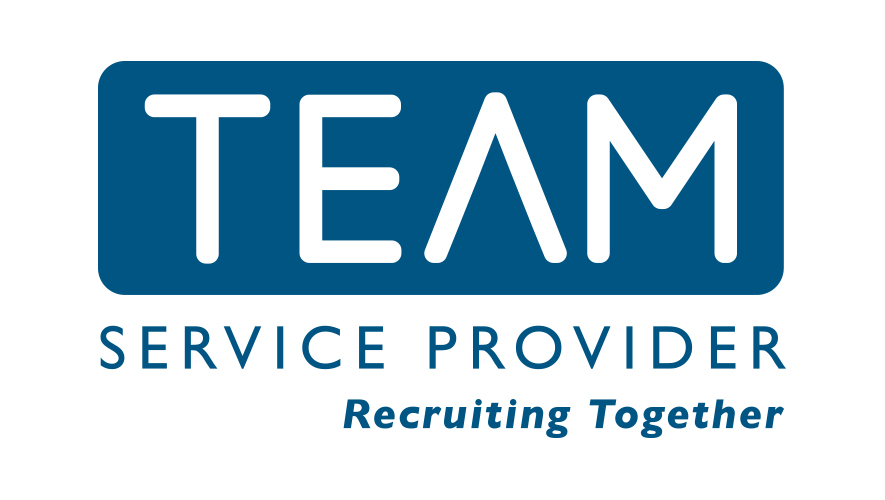Prevention is the best cure: is your credit control department doing enough?
Prevention is the best cure for bad debts, and whilst in any business it is impossible to legislate for pending insolvency when offering credit to your prospective clients, there are measures that can be taken to minimise the risk.
Credit Reports
- The first step should always be to obtain a credit report; this information will provide you valuable insight regarding the financial strength of the company you are going to supply.
- The important things to consider are trends, therefore, don’t just look at the current set of accounts that will be available on the report you need to look at the company over their three years of accounts and assess which way the trends are heading; has the net worth of the business increased? Has the working capital increased (This is especially important as this represents the liquidity in the company, and whether or not they can afford to pay your invoices?) Has the profitability increased or decreased over this period?
There are various ratios you can use to assess risk but the points above are the most important. As a rule of thumb, never afford a prospective client more credit than either 20% of their working capital or 10% of their net worth.
Director and Cross Company Guarantees
If you are concerned that the prospective client doesn’t meet your underwriting criteria completely, but you still wish to trade with them, to strengthen your position and potential recovery against the increased risk of insolvency, then request the directors indemnify the potential debt by signing a director’s guarantee. Or if the company you wish to trade with have a stronger holding company then request a cross company guarantee.
If you would like an example of this type of document to use your business please give us a call.
Insurance
Credit insurance is an extremely good way of providing your company with comfort and risk free trading.
This aside, there are some pitfalls as the premiums can be expensive, the administration can be time consuming, and your insurer can not always provide cover on all of the clients you would wish to deal with.
Credit Policy
A company’s credit policy is a very important document; its content should be agreed between your Credit Manager, Operations and the Board of Directors.
It is very important that all of your staff buy into this policy which is why it should be generated and agreed by all parties who will be adhering to the document.
It prevents ambiguity for sales people when striking new deals with prospective clients and also improves relationships between credit control and operations and avoids arguments between departments which occasionally arise.
Collections
The collection department in any business is one of its most valuable assets; this is in many companies the blood line of the business, without cash no business can trade.
The first steps in the collection process is ensuring all of your clients are contacted at least once a week and therefore set call targets for credit controllers to ensure this happens.
It is imperative that your credit control team are carrying out pre-calling; ensure they are contacting your clients before the invoices are due. This provides you advance warning of any queries the client may have and therefore can be resolved before their due date. It also helps to build a rapport with your clients as they know that they can expect a call every week to discuss your invoices and therefore will place you higher on their list of people to pay, especially over your competitors who may commit the cardinal sin of calling once a month when the invoice is already overdue.
Your credit control department should be aware of all current legislation surrounding the collection process (The Late Payment of Commercial Debts (Interest) Act 1998). This allows you as a company to charge at above base on each overdue invoice also a late payment fee of between £40.00 and £100.00 for each invoice dependent on its value. Ask your credit manager if they are using this legislation with your delinquent accounts. The threat of charging these fees can sometimes be a great incentive for your clients to pay promptly.
What management information is your credit control department providing you on a monthly basis?
You need to know, as a minimum, the following information:-
- Days sales outstanding – how quickly are your invoices being turned into cash.
- Over 90 day accounts – anything which remains over 90 days on your ledger is a potential bad debt. You need to know what action your credit control department are taking to remedy this.
- Credit note saturation and resolution – how quickly are your queries being resolved, for every day your invoice remains unpaid due to query is another days interest you as a business are paying for.
These are the minimum requirements that you should be aware of from your credit managers.
When reviewing your aged debts it is important to calculate the percentage of debts in each ageing column, You should be carrying no more than 3% of your whole ledger balance over 90 days, if this is the case then immediate action is required as your debts are not being collected quickly enough and you are looking at potential bad debt.
Don’t be afraid to outsource potential bad debts, with a good debt collection agency you don’t loose control, you only bolster your existing credit control department.
Outsourcing delinquent debt allows your credit control department to concentrate on increasing the collection calls at the front end. As mentioned above, the more contact you have with your clients the earlier they will pay and therefore, reduce the amount of debts you refer onto your debt collection agency.
This is a very brief guide to the essentials of debt collection in the current economic climate, remember ‘he who shouts loudest.’
Why not call us to discuss how we can offer our service to you free of charge, so you receive 100% of your cash that we collect?
PCS offers a full credit management solution across many industries. Therefore, if you have any questions you would like to ask please feel free to contact us on 0161 941 7511 or email enquiries@pcscredit.co.uk or complete the contact form.



